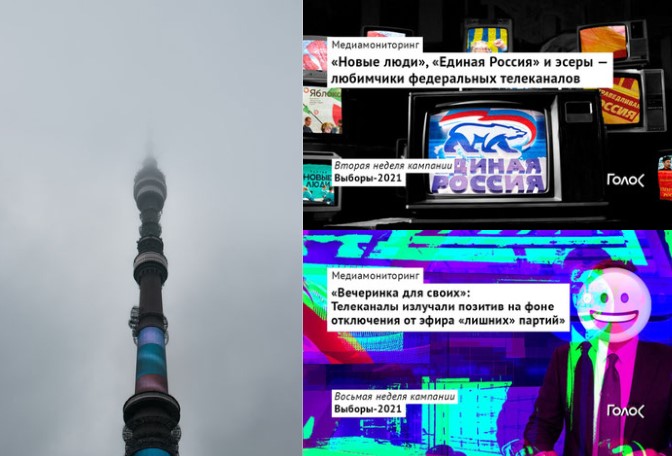We continue to publish the recordings of the keynote lectures given at our International workshop Electoral Integrity and Malpractice in Russia and Beyond: New Challenges and Responses. Today we are glad to share with you the brilliant talk by Associate Professor at the Department of Political Science at the University of Wisconsin–Milwaukee Ora John Reuter. His research interests include comparative political institutions, authoritarianism, elections, democratisation, comparative political economy, and Russian politics. Ora John Reuter is the author of the book the Origins of Dominant Parties: Building Authoritarian Institutions in Post-Soviet Russia and the recent papers on Clientelist Appeals and Voter Turnout in Russia and Venezuela; Protest Coordination in Authoritarian Regimes. At the workshop, Ora John Reuter gave a presentation “The Authoritarian Turnout Gap: How Civic Duty Helps Autocrats Win Elections”
In electoral autocracies, regime supporters tend to vote at higher rates than regime opponents. In the 2016 State Duma elections in Russia, the turnout rate among United Russia supporters was 12 percentage points higher than the turnout rate among opposition party supporters. This gap gives the regime a built-in electoral advantage. This paper suggests that the root of this gap lies in differing orientations toward civic duty among regime and opposition supporters. Using original survey data from Russia, I present evidence that most voters feel an ethical obligation—a civic duty—to vote. I suggest that the duty to vote under autocracy is rooted not in norms of democratic participation, but rather in reverence for the state. Because autocratic regimes often penetrate and politicize the state, I argue that opposition voters are less likely to revere the state and less likely than regime supporters to believe that voting is a civic duty. Using a previously validated measure of the duty to vote, I find evidence in Russia consistent with these arguments. The theory and findings suggest that authoritarian incumbents have an inherent mobilizational advantage: their supporters feel a duty to vote, but regime opponents do not. This may help explain why opposition parties under autocracy find it hard to turn out their supporters.


